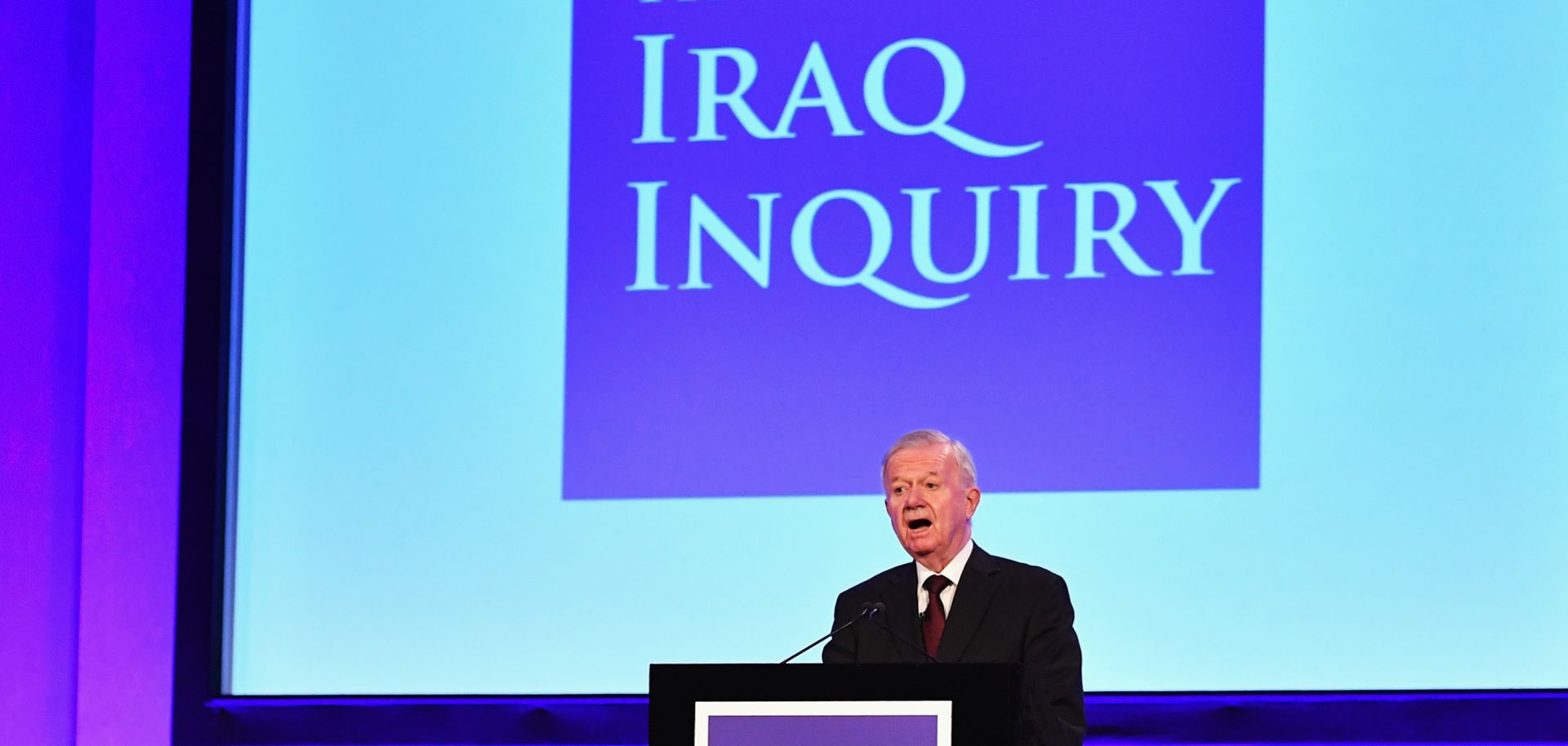After nearly seven years of careful and meticulous study, the report of the panel chaired by Sir John Chilcot has finally appeared. Like its predecessors, the findings of a judicial inquiry led by Lord Hutton into the death of a prominent biological weapons expert and former U.N. inspector, and a review by Lord Butler of the intelligence on weapons of mass destruction that was used to justify the removal of Saddam Hussein, the Chilcot report is an after-action study of the political and bureaucratic acts preceding the invasion of Iraq in 2003. It is, however, far more comprehensive and vastly more informed. The panel reviewed more than 150,000 documents, and its final 12-volume report runs to 2.6 million words. Like the work of the United States' 9/11 and Iraqi Weapons of Mass Destruction commissions, Chilcot is a historical assessment aimed at educating future decision-makers to avoid what are generally conceded...


